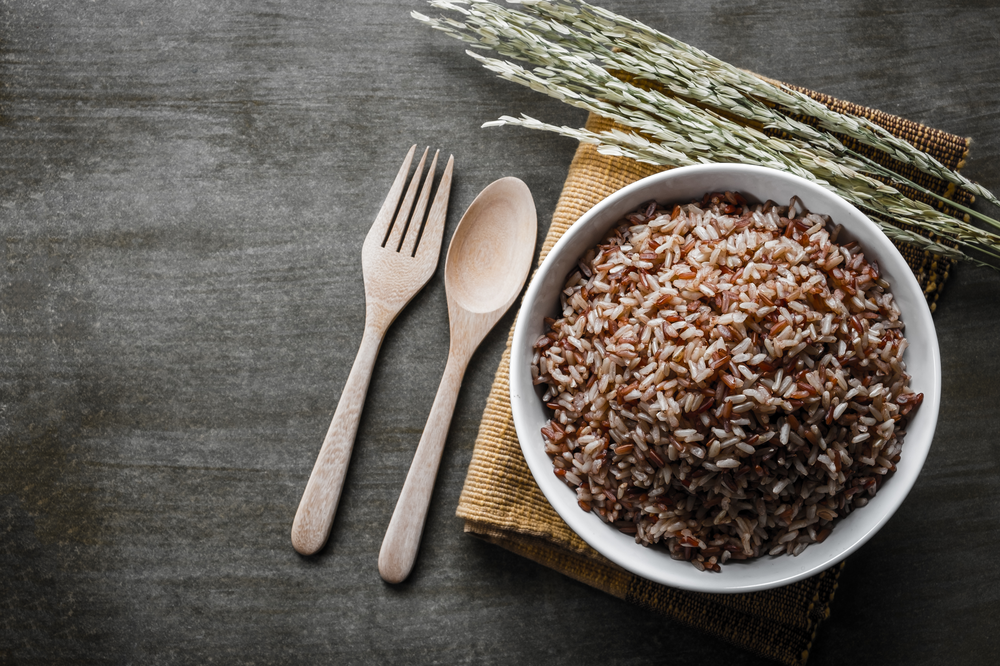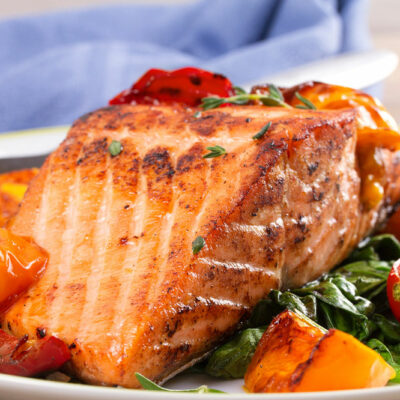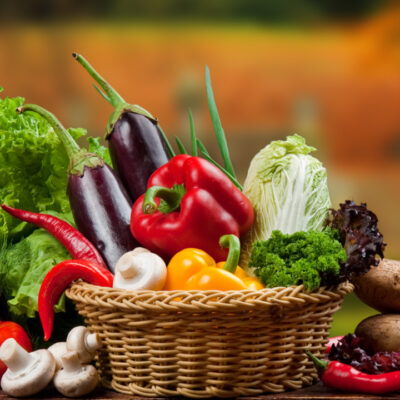
12 Foods That are Good for Heart Health
In most cases, heart issues are caused by unhealthy eating habits, and if we adopt a healthy diet, then we can often prevent many chronic conditions and live a healthier, longer life. When it comes to cardiovascular health, there are certain foods that are well known, like fatty fish and olive oil, that not only provide nutrients for the heart to function better, but also protect it from all sorts of diseases, including heart failure and atrial fibrillation.
Here are twelve foods that protect heart health:
1. Oats
One cup of oats contains 5 grams of fiber which is 14% of the recommended daily value. The soluble fiber in oats helps lower cholesterol levels and prevent digestive disorders like constipation. It also maintains glucose levels in your bloodstream, preventing hyperglycemic (too high blood sugar levels) or hypoglycemic (too low blood sugar levels) episodes when you consume this food on a regular basis.
2. Beans
Beans are rich in soluble fiber, which helps lower cholesterol levels by decreasing the amount of cholesterol absorbed by the body. Daily consumption of all sorts of beans (i.e., black beans, kidney, navy beans, etc.) can help prevent colon cancer, constipation, and heart disease.
3. Eggplant
Eggplant is a member of the nightshade family, and like other members of this group (i.e,. tomatoes and peppers), they contain a chemical called lycopene. Lycopene has been proven to reduce the risk of cancer by trapping carcinogenic agents before they can damage DNA molecules. Eggplant and okra can help reduce the chances of a heart attack.
4. Nuts
A nut is a small hard fruit that has a shell around it, like an almond, pistachio, or hazelnut. Studies show that nuts have been proven to reduce the risk for heart disease by lowering bad (LDL) cholesterol levels in the blood in addition to lowering overall fat levels in the bloodstream. Additionally, a handful of unsalted nuts is also full of antioxidants, which studies show may help to prevent coronary heart disease (CHD).
5. Whole grains
Eating whole grains, like barley, brown rice, bulgur wheat, quinoa, millet, and wild rice daily gets the big thumbs up from the American Heart Association. Whole grains contain an array of vitamins and minerals that are good for your heart. In addition, they are high in fiber, which helps regulate cholesterol levels. As with all foods, moderation is key when eating whole grains. Consuming too much of any food will increase your risk of weight gain.
6. Vegetable oil
Vegetable oils are good for the heart because they aid in the prevention of heart disease and stroke. Vegetable oils can also help increase energy levels and boost brain function. You can also consume vegetable oil (i.e., olive, sunflower, flax, soybean grapeseed,, and coconut oil offer heart-healthy alternatives to butter or lard when cooking your favorite meals.
7. Apples
Apples are one of the most nutritious fruits available. They contain relatively little sugar and no fat, but are packed with dietary fiber and essential vitamins. Eating an apple every day can lower your risk of developing heart disease, stroke, and diabetes. This fruit also provides a good source of pectin, a soluble fiber that helps lower cholesterol. Pectin also makes this fruit more filling, which can help reduce overall caloric intake. Apples are also full of flavonoids, compounds that have antioxidant effects on the body.
8. Citrus
Citrus fruits are naturally rich in vitamin C, which is important for heart health because it helps the body produce collagen, which is essential for healthy blood vessel function. Vitamin C is also a potent antioxidant that helps fight damaging free radicals. Citrus fruits can support heart health by helping to lower cholesterol levels and reducing the risk of atherosclerosis and cardiovascular disease.
9. Foods fortified with sterols and stanols
Sterols and stanols are naturally occurring substances that can help lower cholesterol levels in the body. Some examples of sterol rich foods include pistachios, olive oil, almond butter, sesame seeds, and macadamia nuts. While stanol rich foods include brown rice, legumes, lentils, almonds, walnuts, pumpkin and sesame seeds, broccoli, cauliflower, and blueberries. Foods containing these sterols and stanols can help reduce LDL cholesterol or bad cholesterol levels in the bloodstream.
10. Strawberries
The humble strawberry is said to be one of the most perfect foods for humans. It contains several important nutrients, including vitamin C, manganese, fiber, and potassium. Strawberries also contain ellagic acid, which is an antioxidant that helps fight against cardiovascular disease.
11. Fatty fish
Fatty fish like salmon, mackerel, herring, and sardines are high in omega-3 fatty acids, DHA and EPA. Studies show that omega-3s may reduce the risk of developing irregular heartbeat or arrhythmia. They may also help prevent blood clots from forming and reduce the risk of heart problems and stroke. Fatty filets also provide a great source of protein, vitamin D and B12, which work to decrease homocysteine levels, and reduce the overall risk of heart disease
12. Soy
Soy is a legume that’s been a food staple in Asian countries for centuries. In fact, soy is widely known for its health benefits, especially in relation to heart health and lowering cholesterol levels. Soy is low in saturated fat and high in fiber, which helps lower cholesterol levels. It also contains isoflavones, which decrease the activity of an enzyme that contributes to the development of plaque buildup in arteries.
Lifestyle habits like diet and exercise can play an important role in heart health and the development of heart diseases. Eating foods that contain antioxidants, healthy fats, fiber, sterols and stanols, and vitamins B12, C, and D can help strengthen the heart and lower the overall risk of heart attack, heart disease, or atrial fibrillation.


